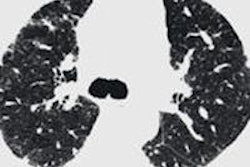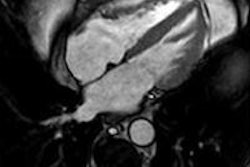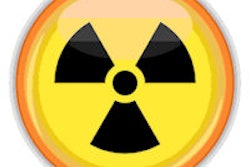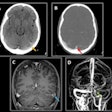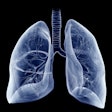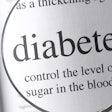Administration of an angiotensin-converting enzyme (ACE) inhibitor used in the treatment of cardiovascular disease may help protect radiation damage to the heart and lungs from radiotherapy treatment of cancers in the chest region, according to a presentation made Sunday at a forum of the European Society for Radiotherapy and Oncology (ESTRO) held in Geneva.
Dr. Sonja Van der Veen and her colleagues at the University Medical Center in Groningen, the Netherlands, conducted laboratory research on rats to determine if inhibitors used to treat high blood pressure and cardiac failure could protect against early radiation-induced lung toxicity. After irradiating the lungs, heart, or heart and lungs of rats, they administered the ACE inhibitor captopril immediately after treatment.
They then measured the lung functions of the rats at two week intervals. Rats were chosen for the study because they are large enough for researchers to irradiate different parts of the lung and heart.
"After eight weeks, when early lung toxicity is at its height, we found that captopril immediately improved the rats' heart and lung functions, but we were surprised to find that this only occurred when the heart was included in the irradiation field," she said.
After additional investigation, the Dutch research team determined the captopril treatment improved the heart's function and decreased the level of fibrosis in the heart soon after irradiation. ACE inhibition decreases radiation-induced lung damage by reducing direct acute heart damage, which is important because irradiating the heart leads to the development of fibrosis. Fibrosis can stiffen the heart, relax the left ventricle, and -- from a subsequent hindrance of blood flow from the lungs -- cause pulmonary damage.
Believing the way in which ACE inhibition works is similar in both animals and humans, Van der Veen and her colleagues are now collaborating with a research group from the Mayo Clinic in Rochester, MN, U.S. They are designing a randomized clinical trial in which patients who undergo radiotherapy treatment to the thoracic area that includes the heart will be treated with either an ACE inhibitor or a placebo after irradiation.
"We are confident that our clinical trial will see the same protective effect in humans as that which we have seen in rats," she noted. "We believe that our results suggest a promising strategy for shielding patients from radiation damage and improving their quality of life, while at the same time allowing them to receive a high enough radiation dose to ensure the effective treatment of their cancer."
Van der Veen also said the research team has begun to study the late effects of ACE inhibition on radiation-induced lung toxicity to see if it provides similar protection.




